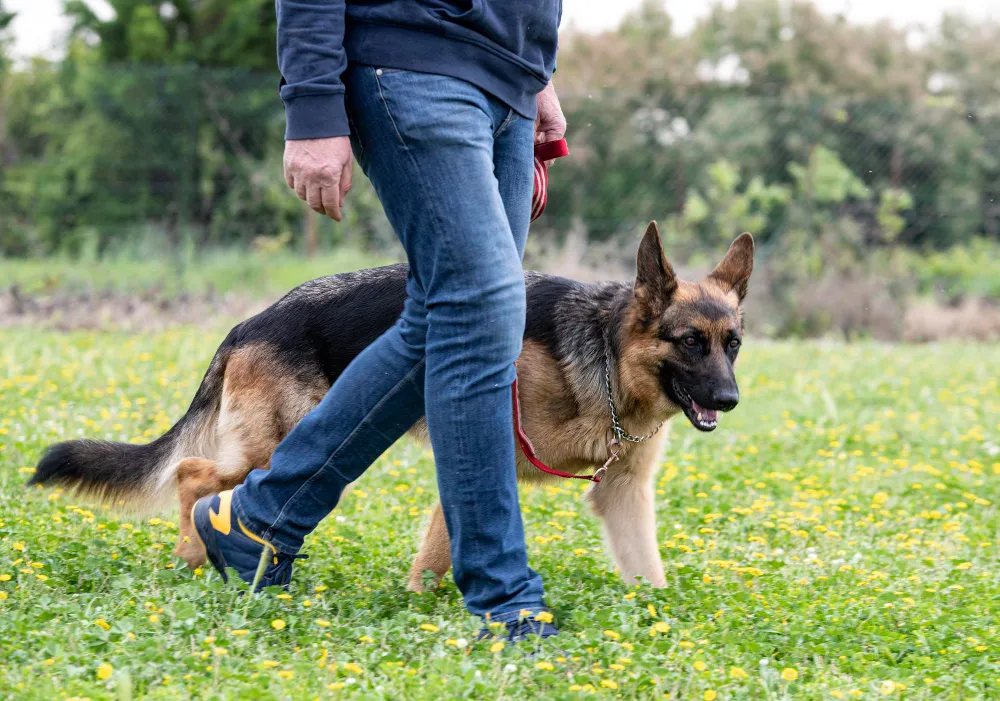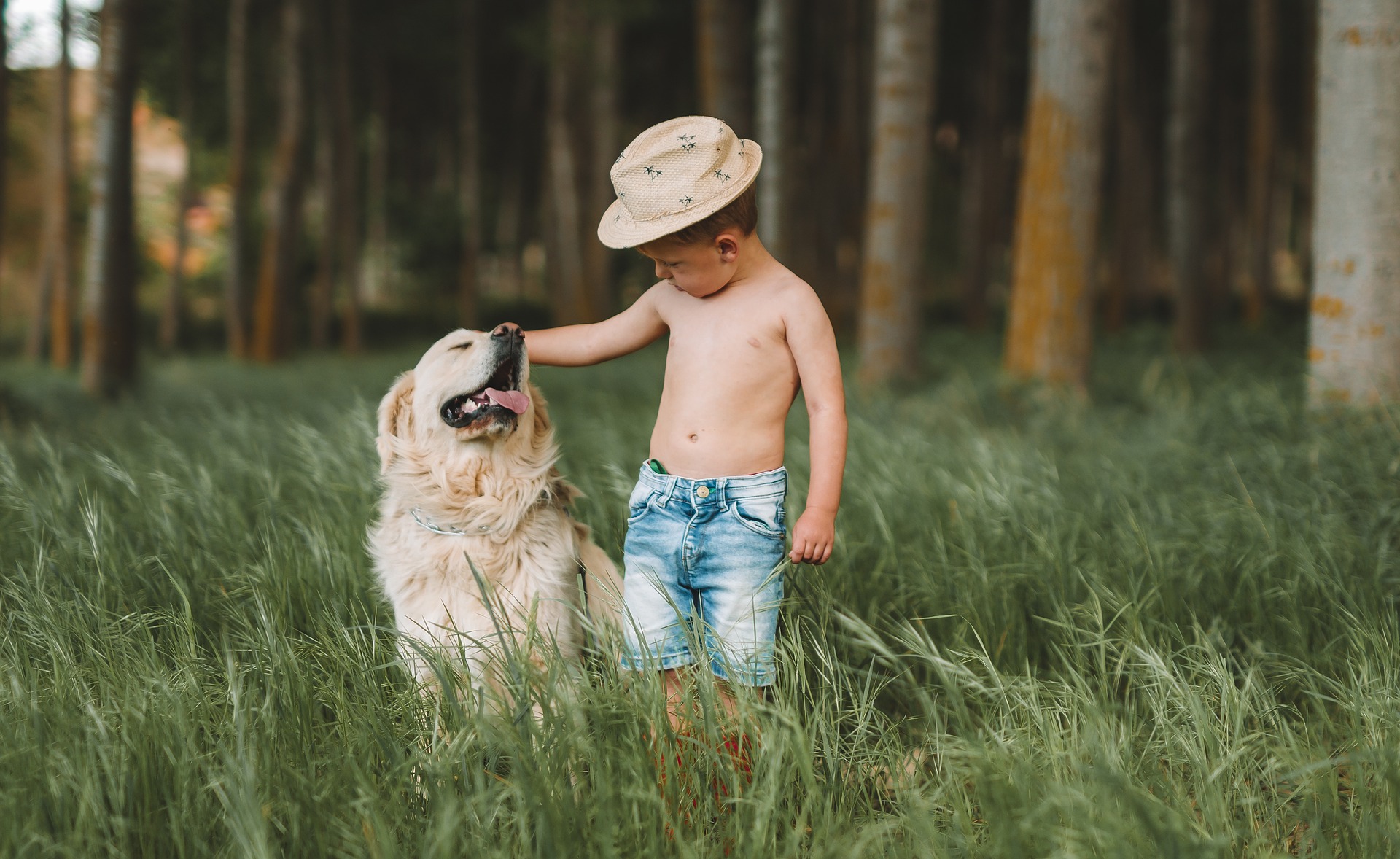I’ve seen plenty of posts on social media lately, talking about a study that says that female dogs judge you more than male dogs. That made me think, what are some other behavioral differences between the two?
When you want to get a dog, it is important to know what is in store for you. Some people prefer male dogs, others prefer female dogs. Personally, I wanted a male dog.
When I got Milo, I specifically wanted a male Jack Russell Terrier so that I could name him after the dog in the movie The Mask. So, let’s talk about the study and differences in behavior between genders.
Female Dogs Judge You More
In the study, researchers set up an experiment to see how dogs recognize competence in people and see if they will adjust their own behavior. Dogs were put in a situation to watch two people try to open an empty container. One was successful at opening it, while the other person failed.
The people then repeated the experiment with a different container, with each person consistently being either the competent one or the incompetent one. Then, they tried to open a third container simultaneously, and researchers observed a dog’s behavior.
The dogs had two choices, heading over to the person who struggled to open the container, or to the person who opened it with ease. Male dogs showed no preference, while 83% of female dogs approached the person who was competent. It is evident that “game recognizes game”.
Now, when the dogs observed people trying to open an empty container, males and females showed no preference for competent people over incompetent. That means dogs care about competence when it matters. Female dogs had no reason to care about a person’s ability to open an empty container.
Quick Summary of Differences
Before I go into a deeper look at how I think male dogs and female dogs are different, let’s go over a quick summary. I’ve lived with dogs for 30+ years, and I’ve had both female and male dogs. Here are some quick differences.
- Female dogs are better with children, as they show more patience.
- Female dogs are more independent, yet, sensitive and get offended easier.
- Male dogs will follow you around and ask for more affection.
- Male dogs are easier to entertain and keep happy and busy
- Females have more boundaries with other dogs and are quicker to get annoyed.
- Females are affectionate, but not as openly and easily as males.
- Males are goofier, more easygoing, laid back, and more affectionate.
Male Dogs Personality
Among dog owners and pet parents, male dogs are seen as active, territorial, and affectionate. Yet, they are also more likely to wander in search of females and often more likely to become aggressive.
Male dogs are ideal for people who are outdoor-loving, have plenty of local space for exercise, and want to invest time into training or running. Here are some differences that are evident in male dogs.
Males Show Dominance
Dominance is a big deal in the canine world. Remember, dogs descend from wolves, and in the canine lupus pack, there was a clear order of who is alpha, and how everyone else falls in line in the hierarchy.
Nowadays, in a group with several male dogs, unless they are neutered, hierarchy is quickly established. From there, it is all play and fun. Or if there are two male dogs playing with each other, they will first establish pack hierarchy.
Males are More Active
Of course, dog breeds play a role as well. But generally, male dogs are more active and love to run around, wander, and go on long hikes. It is great to have an active companion, but think about this for a second. It is not just one day. It is every single day for the rest of the time together, even when it is raining or you are sick.
Male Dogs are More Affectionate
While there is no scientific research to support this claim, I can tell you for sure that males will follow you around more than females. Female dogs might get in their spot and observe you (judge you) from afar. Males want and seek your attention.
Males are Territorial
This goes back to their dominant behavior. Males are programmed to find a mate, and they protect their own territory. This is why they urinate extensively when they go out. It is a way for male dogs to mark their territory and defend it.
Their territorial behavior also goes hand in hand with aggression. Their aggressive behavior is triggered by fear or an instinct to protect. It is a natural response for male dogs.
Males are More Likely to Escape
Male dogs can escape through hedges, under fences, and more if they sense a female in heat nearby. They are motivated to mate, and roaming is in their genes. Intact female dogs will kick this roaming instinct up a gear, and you should prepare your yard accordingly. Or, keep your male dog inside.
Female Dogs Personality
Female dogs are natural nurturers, they are caring and loyal, but also independent. Sometimes, they can be aloof. Females are better suited for people who want a steady companion staying close on walks and listening to commands consistently. Let’s break it down.
Female Dogs are Calmer
Female dogs need less exercise than busy males. They are smaller and less willing to roam or mark their territory. During walks, females stay closer to their owners. For them, loyalty and protection are more important than finding a mate. In addition, female dogs mature quickly, and they become calm and restful around 12 months of age.
Females Show Loyalty
While males are famous for displaying protective behavior, females will walk cautiously before their owners. They will guard against passers-by.
Females are Easier to Train
Females are famous for their attentiveness which makes them eager to please. They are brilliant at training. While both genders try to please their owner, you can say that breed is more important for training than gender.
Females are Better with Young Children
Female dogs have a maternal instinct that prompts nursing and attentiveness. This maternal instinct makes them calmer, more patient, and more nurturing with human children. They show the same kindness to babies as humans.











